What’s my take on the vegan for health vs ethics debate? Is yam birth control a thing? Can you be vegan and NOT annoying? What approaches for activism are effective in not-so-vegan-friendly countries? Find out this and more in today’s vegan Q&A!
It’s been quite a while since I’ve done a Q&A for you guys. The last one was a two-for-one back-to-back live Q&As on Facebook and YouTube in October!
To hear my answers from today’s in their full meandering glory, and some additional interspersed awesomeness, be sure to watch the video above. Below you can find screenshots of each question I answered, a summary of my answer, and additional resources.
I got a lot of great questions from you guys and a good number of them are going to need their own dedicated videos. So if you don’t see your question answered today, it might be that I’m answering it later in its own full video, or that I’m saving it for another Q&A. And for some of you, I did answer in a reply to your comment.
That settled, bring on the Qs!
How to approach activism in resistant cultures/countries.
Answer Summary:
That’s a really great question and something I faced while researching for my speech for Ireland. I think there is great value in coming from a perspective that will most effectively connect with cultural framing.
What I at least try to do, is use that framework to bring down people’s walls and meet them where they’re at—use the framework of the familiar.
So in a lot of my videos you’ll hear me say things like “pets,” or in my video on bestiality, if you abandon it within the first couple of minutes, you might think I’m going in a super shady direction…
So I try to start…with the language, the beliefs, the concepts that are familiar and that are espoused by the majority of people. But the heart of a message is the same.
The way that we exploit non-human animals, and even one another, is pretty universal— these are living beings, they’re sentient. They feel just like we do. Mother cows want to have their babies with them just like mother humans want to have their babies with them.
I think one of the most effective things is showing people how the values that they already have align with veganism, and so it’s not like this big radical change or this turning against one’s culture and country, but rather just starting to act the way that we believe already.
If you’re looking through the human perspective—we think about a tradition within our culture that involves consuming the bodies of a certain animal—if you just come straight out and say, “this is wrong to do this,” that can be interpreted as “my family, my history is wrong.”
Whereby if we can disarm and bring people through this thought process to seeing things from the animal’s perspective, it becomes far more evident that to the one who is going to have their throat slit, the fact it is a tradition does not alleviate nor justify their suffering.
Human history is rife with examples of atrocities carried out because it’s “tradition” or “the way it’s always been” or it’s widely accepted. Yet today we look back on these things in horror and wonder how that could have been acceptable?
The final thing that I would say is to dig through the actual laws and regulations of your country if you can find them, if they have them, because a lot of times what we think happens is not even close to what actually does happen. And what the laws say is the ideal and usually what’s happening is far less than ideal.
But when we actually look at the laws in and of themselves, they can be pretty awful a lot of times which is what I found in any country that I’ve looked into.
Additional Resources:
- The Best We Have To Offer [Ireland Speech]
- A Wake Up Call For Vegans [In depth on how to talk to non-vegans of various backgrounds]
- Why I’m Anti-Animal Welfare [more on examining the laws]:
- More About Dairy
- More About the “Inherent veganism” of People
- Vegan In Venezuela [not really activism-focused, but potentially helpful]
Have you heard about taking wild yam pills as “herbal contraception”?
Answer Summary:
I had not. But I did do a quick search on it—and this is by no means expansive—but you can find links to the resources I did find by expanding the teal box below.
I did find a lot more information and research on wild yam being used for menstrual cramps and menopause rather than as birth control. It does contain diosgenin, which is a phytoestrogen or plant-based estrogen. And diosgenin was used to make the first birth control pill.
But even with the studies I did find (below) on treatment for menopause, menstrual cramps and those kinds of things, there doesn’t seem to be any kind of conclusive proof of the effectiveness, and nothing on its use as a birth control method.
The reasoning for this seems to be that our bodies cannot convert diosgenin into progesterone on their own. It has to be done in a lab setting.
I do have a whole video on birth control methods, and talking about whether they are vegan or not. So there are options. And there are ones that have, you know, pluses and minuses for each.
Additional Resources:
How to balance vegan values with annoying friends and family?
Answer Summary:
I think we’d all like to know the answer to that question!
I do think this is a huge concern for new vegans and even long-term vegans. Family and friends—family especially—can be very difficult to navigate. I think re-framing this might be a little helpful.
Even having to ask the question about how to balance your values with making other people comfortable—that alone in and of itself is a bit of a troubling question. Especially considering the values that you’re you’re talking about are not harming innocent beings.
I guess for your own sanity and comfort, it can be helpful to continuing educating yourself, and know that you’re not alone in this. Many of us have been there before and many of us will go there again. I would really also recommend reaching out to other vegans or people that you do feel you can talk to
And know that you shouldn’t have to apologize or feel bad about not wanting to harm others.
You shouldn’t feel bad or like your family is going to turn against you because you want to be non-violent and that it’s not your right to break up other people’s families or sentence them to an early death or confine them or violate them in any number of ways.
I know that doesn’t make it easier or give you a blueprint necessarily for exactly what to say to your family, but I just want to emphasize that you shouldn’t have to sacrifice your values, especially when they’re the values of not wanting to hurt.
Family can be the most difficult. And, sometimes, just living by example and continuing to educate yourself and sharing that with them when it feels appropriate. But also, know that you can set boundaries if you need to. And it doesn’t mean arguing or yelling or even telling them that they’re horrible people.
But, coming kind of more from the perspective of: “This is something that’s really important to me. This is a decision I’ve come to based on these things that I’ve learned and I’m happy to share them with you and to tell you what it is that made me decide to make these changes. But regardless of whether you agree with them, I would love to have your support in just doing what I feel is right and being able to follow through with my own core values.”
Additional Resources:
(Applicability will vary with age/circumstances)
- Dealing With Non-Vegan Friends & Family [Gary Yourofsky]
- Being Vegan in A Non-Vegan Household [Colleen Patrick-Goudreau]
- How to Answer Concerned Parents
- My Parents Won’t Let Me Go Vegan!
Going vegan for health vs. ethics debate

Answer Summary:
I’ve said from the very beginning of my channel that there are a million reasons to go vegan— and that I’ve actually yet to find a reason NOT to go vegan. [Watch this post’s video for a delightful cameo of my former bald self.]
I have always been of the mind that whatever gets you there—good!—as long as it can keep you there, or you can find something that will keep you there.
I do find that the health perspective can bring a good deal of people into veganism— and when I say “the health perspective,” that’s again a wide range of approaches within that.
I do think that it’s important to have scientifically backed up, accurate claims or studies. Or even at least saying, “we’re not sure, but here’s what we’re thinking based on ___.”
This is why I interview Dr. Greger, or bring on specialists instead of myself trying to make any kind of health claims when I don’t have any formal training—it’s really not my place.
However, as far as the “health aspect” bringing people into veganism—good! Whatever is going to connect with them, and feel that this is a choice that is in line with their values—go for it!
I’ve always said, that I think the vast majority of people are already vegan in their mentality.
And I do think that a lot of this is ethically-based—even for people who go vegan for health reasons. They still would not stab a pig in the throat if she was in front of them. I don’t think they would do it.
I have a whole video on bacon lovers who melt when they actually have a pig in front of them.
So, I think sometimes it depends on the intensity of your “why” for going vegan. At times there needs to be—or can be—a shift, or a further rooting, or further identification with other aspects, that really “locks it in,” and makes it less of a “I’m gonna try this” and more so “this is of vital importance.“
Additional Resources:
- Is Going Vegan for Health Enough? | Gary Yourofsky
- Are You Vegan Enough? Ft. The Vegan Police
- Are You In The Vegan Club?
- Bacon Lovers Vs Baby Pig
- Vegan Nutrition with Dr. Greger
- All Interviews With Dr. Greger
- Vegan Health Claims With Matt Ruscigno: Part One | Part Two
What to do when your friends make fun of you for being vegan
Answer Summary:
I’m so sorry that you’re going through that. And I do hear that from a lot of people—of all ages. I would love to tell you that it gets better with age and that people grow up and are more mature. I’ve been kind of waiting for that to happen for quite some time and I’m still waiting. We’ll see. :)
But I do really wish I could just protect you and everyone from that kind of experience
It’s an indication of how far we’ve come from our true nature that someone just saying, “Hey, I would like to not hurt these beings, these animals,” whom we—as kids—adore. We love movies staring them
And instead of saying, “I’m gonna love this particular animal and I’m gonna eat this other one and this one doesn’t deserve to live,” you are basically saying, “Hey, this makes no sense. They can hurt, they can feel, they have families and I don’t want to hurt them”.
That is nothing to mock. That is nothing to make fun of. That’s certainly not something anyone should feel bad about.
I don’t think it’s going to make everything better, but, sometimes it can be helpful to kind of take a step back and realize that that kind of reaction from people is never really about you or what you’re doing.
A lot of times it’s more of the individual feeling implied judgement, that because of you being vegan, it’s this attack on the way that they eat and what they do.
And that—in and of itself—is pretty telling. We don’t tend to get defensive unless we kind of feel deep down that maybe something we’re doing is wrong. There’s a big pressure as well to fit in and to go with the flow, go with the mainstream go with the, you know, the “popular kids.” And not be kind of the one “sticking out” or the “different person,” the “different kid.” I was always the the “different kid,” and I’m still very much the “different kid,” so to speak.
For me it helps thinking about the animals and what they’re going through, and thinking about the environment and where our planet is headed. And even if it’s uncomfortable for me at times, or it’s hard at times, and even if it can be a struggle, I still don’t want to be part of that. I still don’t want to hurt innocent beings and I still don’t want to be part of the world racing towards destruction. And I would rather take being unpopular or having people give me a hard time over that. And I don’t say that to imply that what you’re going through isn’t valid, isn’t important, isn’t incredibly painful—because I’m sure that it is.
It’s not easy. My hear goes out to you and I just want you to know that you’re not alone. And you’re not wrong. And you’re incredibly strong for making this choice, especially early on in life. So please know that you’re doing the right thing. And you can reach out to others. If you don’t have anyone in your area, you can reach out online, find some community.
Additional Resources:
- More on how to reach non-vegans
- Videos for kids and featuring vegan kids
- Help with the emotional challenges of going (and being) vegan
- Do Animals Grieve?
- Do Fish Feel Pain?
- Everything Wrong With Environmentalism (Impact of Animal Farming)
- The public health impact of animal farming
- Is The World Running Out Of Fish?
- Are Vegans More Depressed?
Responding to the Organic/Humane/Free-Range “Solution”
Super-Speed Response:
I have a number of pieces on the Humane Myth and an entire in-depth speech that I gave in Ireland called “The Best We Have To Offer.”
Additional Resources:
- Humane, Free Range & Cruelty-Free
- The Best We Have To Offer (in depth speech in Ireland)
- Are You Advocating Cruelty? (in depth speech on the truth of human regulations))
- The Nicest Way To Die
Addressing palm oil
Super-Speed Response:
I have a piece on palm oil, which goes into some of the issues, inconsistencies, and difficulties with “ethical” and “sustainable” labels. There are additional resources and links to more information on regulation and reliability of labels.
Additional Resources:
The story of my necklace and tattoos
Super-Speed Response:
I’ve actually answered those as well:
- Necklace Story [ at 3:09]
My tattoos & more information about vegan tattoos:
This is a transcript of the remaining live stream:
I know I didn’t get to many additional questions, and I’m really sorry about that. I also wanted to let you guys know: If you’ve emailed me, if you’ve messaged me and I haven’t gotten back to you, it is by no means anything personal.
I kind of have a good bit of overload with all of the different avenues that are coming in. And it doesn’t make it okay, it doesn’t make it excusable for you guys to not get a response, especially because I know a lot of the things that are sent are very important and it does really break my heart to find these things months later sometimes. I’m just I’m not that kind of person— I’ve never been that kind of person.
I’ve always been someone who’s very accountable and good on my word and consistent and reliable. And it just seems, you know, especially in the last year that the the workload has almost necessitated or created… me being this this kind of person that I really don’t want to be. So please know that it’s never intentional.
And I honestly truly want to answer every single person, and I want to be able to address concerns. I want to be able to help as much as I can… it’s just not possible at this point. And I’m trying my best to put together the systems where I can be more effective, I can be more available, I can create more content. And it’s just going a lot more slowly than I would like it to.
And a lot of that kind of area of navigating— these kind of, you know, business side of stuff, or structural side, legal sides—I’m not terribly well-versed with these.
So it’s a bit difficult to navigate, and I’m doing the best I can. So, thank you guys for your patience, thank you for your support, thank you for sticking around.
And I will keep doing the very best I can. And I can never thank you enough, for everything.
So I hope that what I did address was helpful.
— Emily Moran Barwick




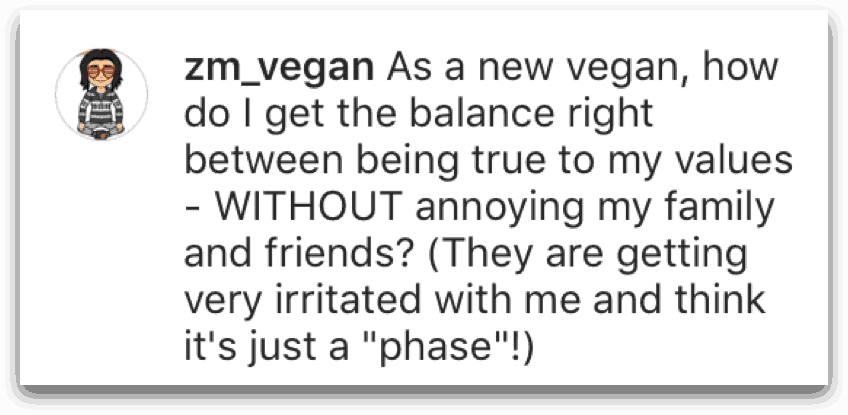
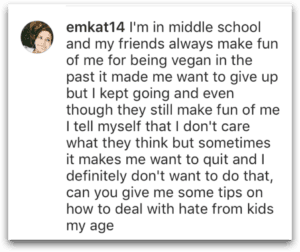

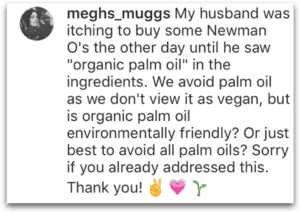

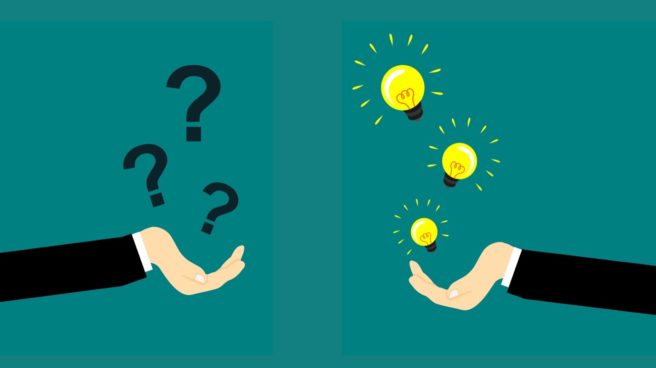
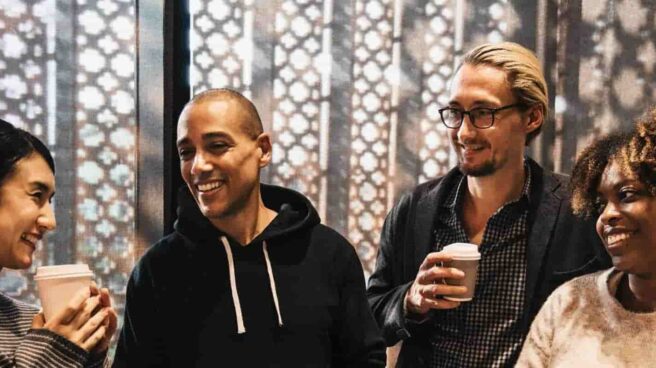
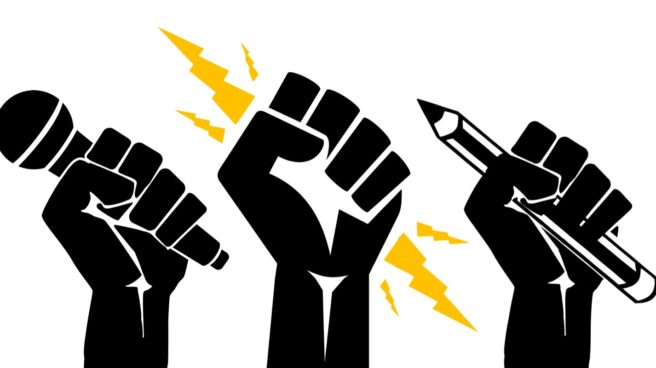
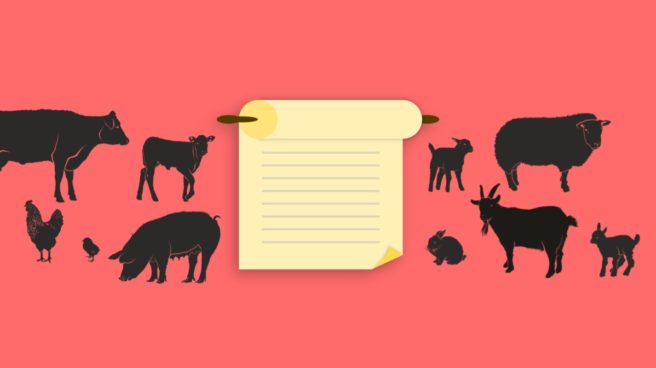
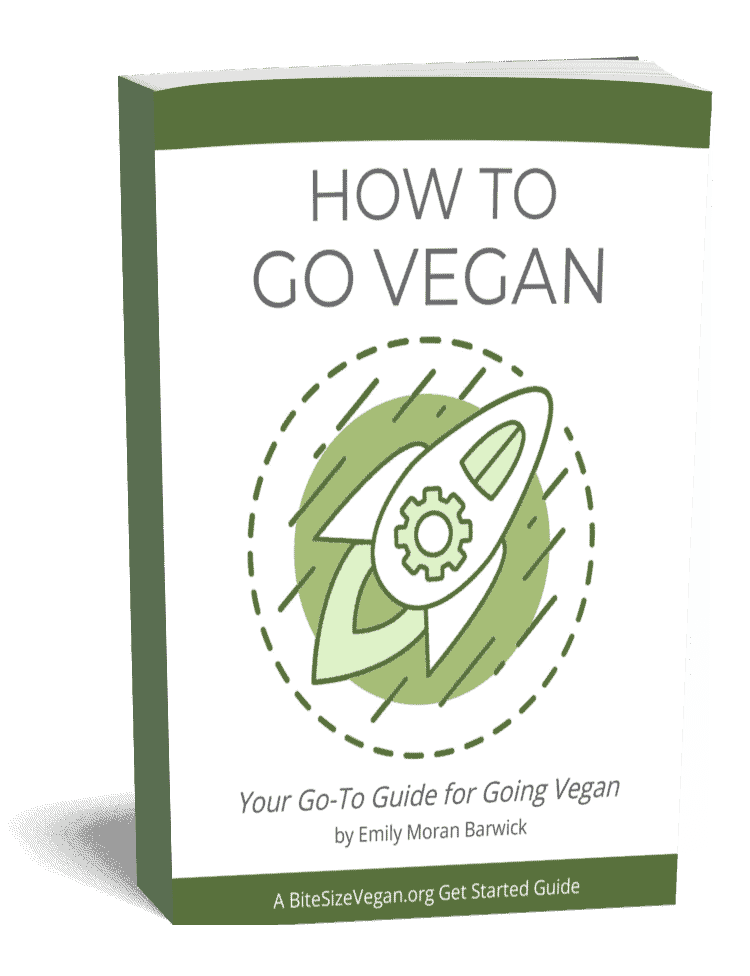
Herbal birth control,green papayas for both sexes it’s the high enzymes,also
See de Marco,s book Saharasia,whole chapter on worldwide cultures n women’s tradition al herbal plants,various plants differing in different climate n ecologies ,Why beg abortions from docs n nurses,do like Mohawk women